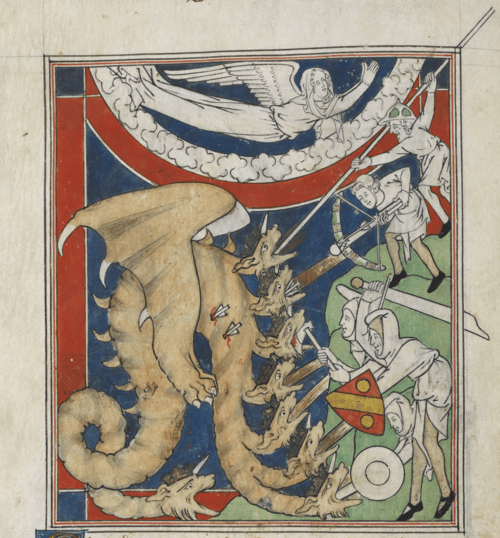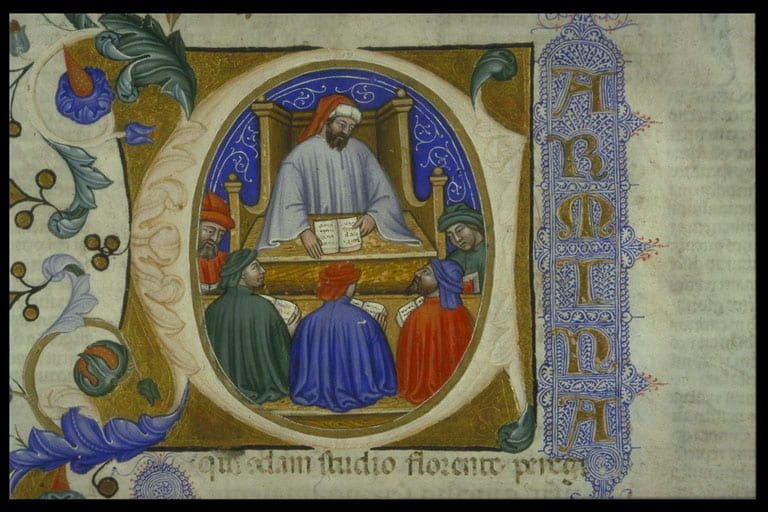
Revelation and the Christian Precedent of Psychomachia
The extreme violence and war-like imagery of Prudentius’ Psychomachia can be quite startling—and even shocking—for many, especially for those who associate the Christian scripture on which this text is based with the loving and peaceful preaching of Jesus. However, quite a few aspects of the Psychomachia are directly reminiscent of Christian scripture—most closely, the Book of Revelation in the New Testament. Prudentius describes an epic battle between the forces of…




